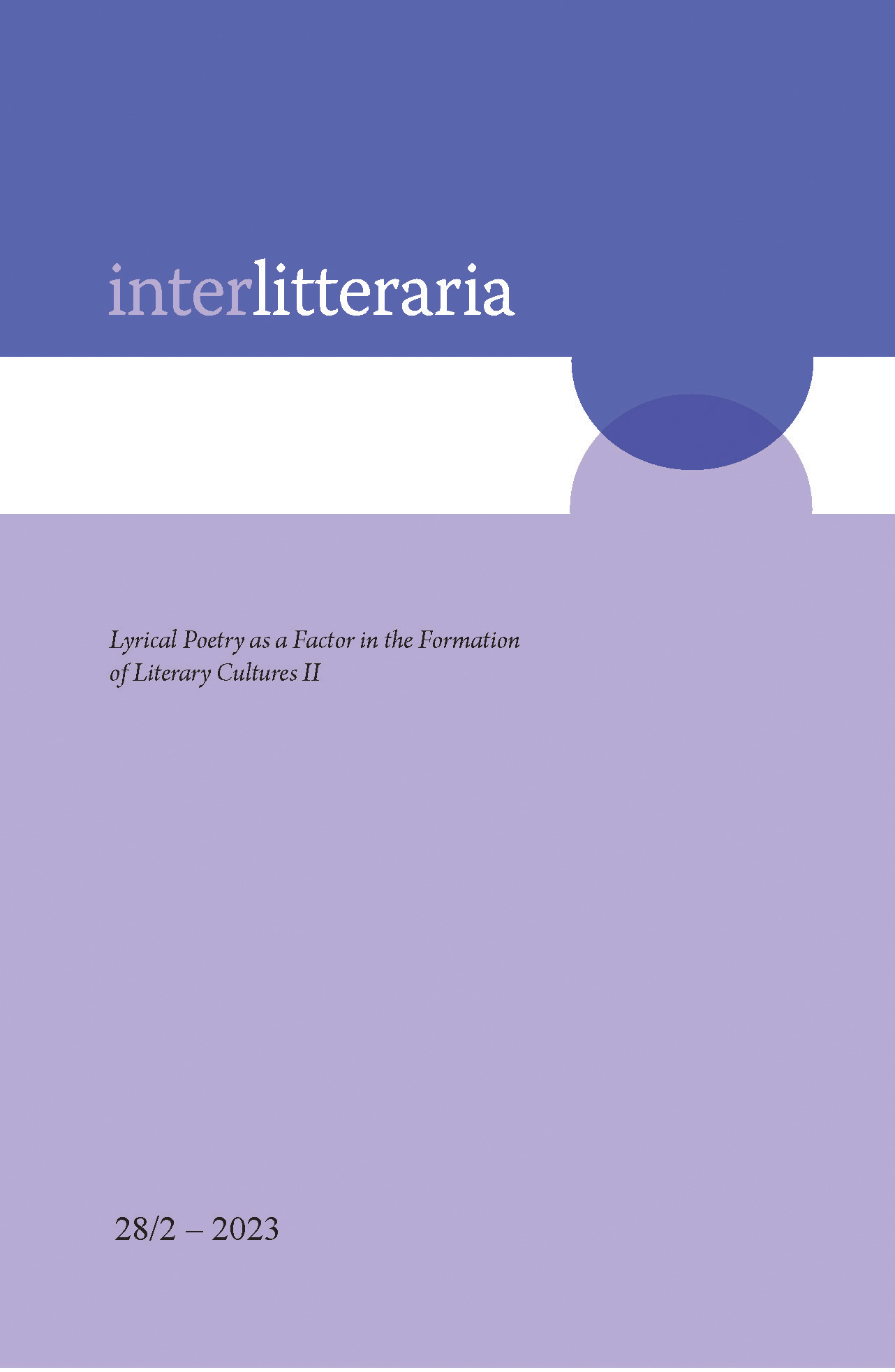Adam Mickiewicz in Search of Lithuanian National Identity
DOI:
https://doi.org/10.12697/IL.2023.28.2.3Keywords:
national identity, neo-romanticism, cultural philosophy, the concept of Promethean culture, the conception of an East–West synthesisAbstract
Adam Mickiewicz’s multicultural national identity, based on his claim Sum gente lituanus, natione autem polonus, was created over the several centuries that followed the Lithuanian Grand Duchy’s formation of the union with the Polish kingdom. Thus, it is no surprise that his reception in the literatures of these respective countries became so complicated. It was not only the Lithuanians and Poles who strayed into fruitless arguments as to which country could lay more claim to him, but disputes also constantly arose even within the relevant societies: did he belong to their national literature or was he foreign to it? In Lithuania two alternative traditions of reception formed: one faction (Jonas Basanavičius, Jonas Aistis, Faustas Kirša) erased him from Lithuanian culture and national identity, the same way as it treated all of the Polonised Lithuanian nobility; while others (Antanas Baranauskas, Maironis, Motiejus Gustaitis, Sofija Kymantaitė-Čiurlionienė, Vincas Krėvė, Stasys Šalkauskis, Vincas Mykolaitis-Putinas, Julijonas Lindė-Dobilas, Antanas Maceina, Petras Juodelis, Justinas Marcinkevičius, Vytautas Kubilius, etc.), supported a positive reception, honouring him as “a genius of the Lithuanian spirit”. The article will demonstrate the impact of Mickiewicz’s poetry on the conceptions of Lithuanian national identity presented by two Lithuanian cultural philosophers, Šalkauskis and Maceina, and will briefly discuss its more significant variations in Lithuanian romantic and neo-romantic literature. Referencing Mickiewicz’s work reveals qualities of mysticism, syntheticism and Prometheanism in Lithuanian literature and in the concept of national identity itself. The problem of Mickiewicz as foreign to Lithuanians (being foreign in some aspects to Poles as well) and his incompatibility with any notions of ‘purity’ of national identity at this time encourages one to delve into varied regional cultural relationships and the openness and complications of national identity more deeply.
Downloads
Downloads
Published
Issue
Section
License
Copyright (c) 2023 Aušra Jurgutienė

This work is licensed under a Creative Commons Attribution-NonCommercial-NoDerivatives 4.0 International License.
The contents of Interlitteraria are published under CC BY-NC-ND licence.


